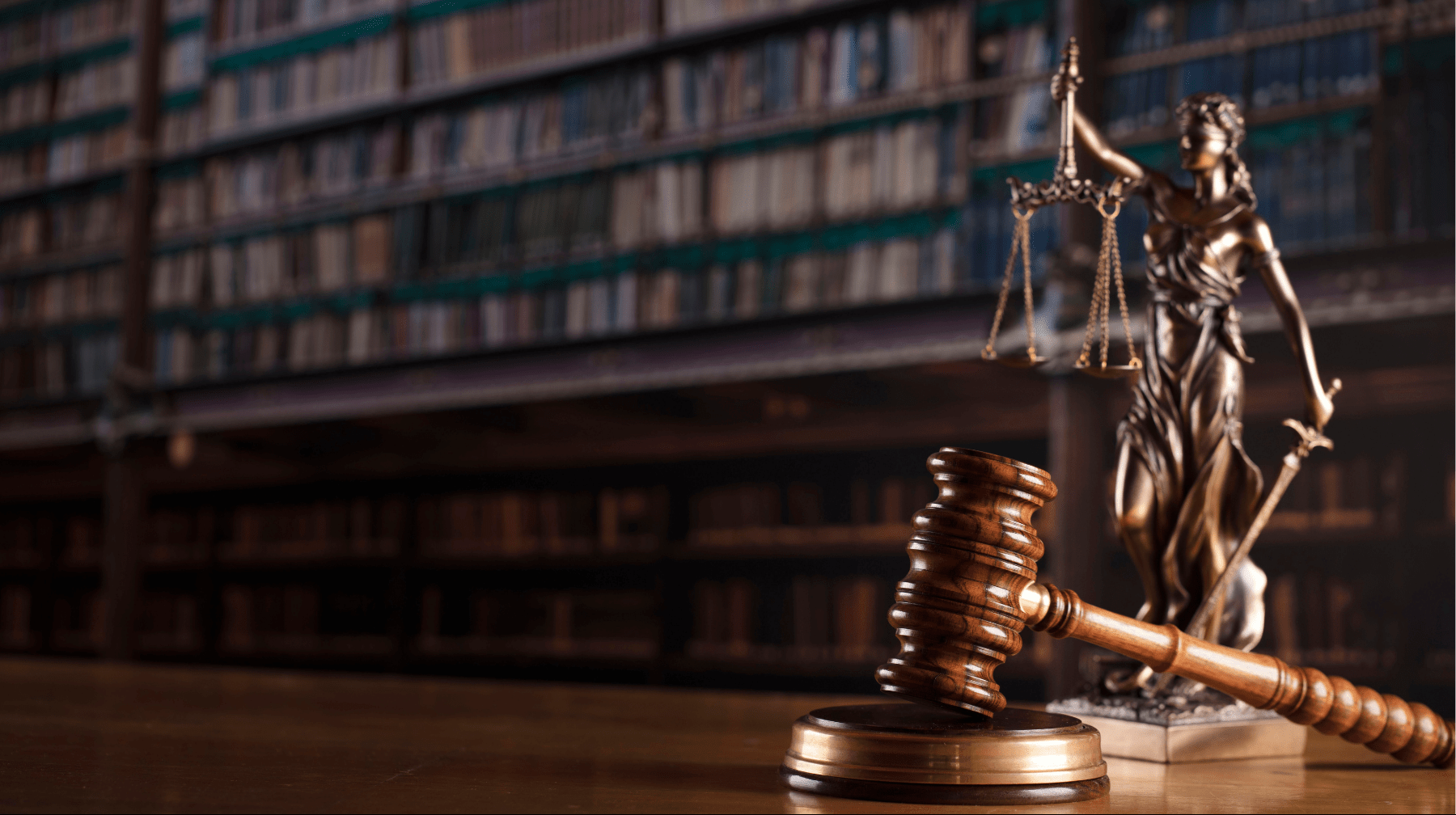About the Program
Our students receive a well-rounded education based on interdisciplinary studies exploring ideas and knowledge-building skills in law, history, philosophy, religion, art history, social sciences, natural sciences, and mathematics.
Our students will benefit from an environment where faculty and students work together in a community dedicated to learning.
Our students will develop as individuals and gain self-confidence through team-building, problem-solving and cooperative projects.
Our students will develop critical thinking and study skills while expanding oral and written communication skills.
Our students will have an opportunity to participate in extra-curricular activities such as concerts, plays, movies, field trips, and more.
We are the only CEGEP to offer two unique options under the Liberal Arts Program.






